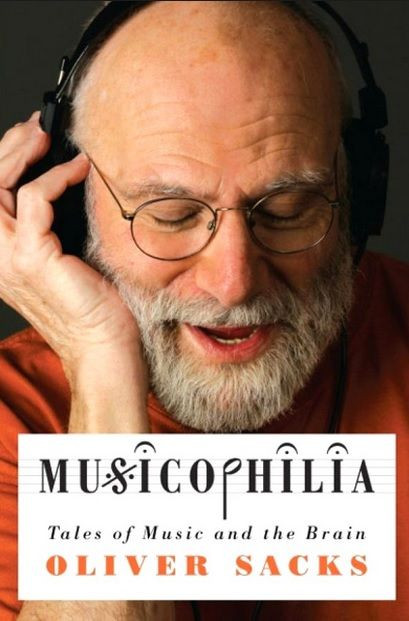'Awakenings' Author Oliver Sacks Reveals He Has Terminal Liver Cancer, Outlines His Last Days

For decades, neurologist Oliver Sacks has studied, treated and even cured patients who were at the mercy of strange disorders that changed their lives, sharing their stories and what he learned from them in books such as "Awakenings," "The Man Who Mistook His Wife for a Hat," and "An Anthropologist on Mars." In an op-ed piece in the New York Times Thursday, Sacks, 81, became the subject of his own analysis: He revealed he has terminal liver cancer and discussed how the news has transformed his life.
"It is up to me now to choose how to live out the months that remain to me," he wrote. "I have to live in the richest, deepest, most productive way I can."
The British-born physician, author of more than 12 books and professor of neurology at the New York University School of Medicine has combined a scientist's clinical curiosity with a fiction writer's ability to tell stories, bringing back dispatches from the strange world of neurological disorders, but always with humanity and empathy.
In the 1973 book "Awakenings," Sacks told the story of a group of patients with sleeping sickness they had contracted after World War I who suddenly woke up in 1969 after Sacks gave them an experimental drug. The book was adapted into a 1990 Academy Award-nominated film starring Robin Williams and Robert De Niro. "The Man Who Mistook His Wife for a Hat" was made into an opera by Michael Nyman in the 1980s.
Sacks also introduced the world to Temple Grandin, an autistic scientist, best-selling author and animal rights activist who tried to explain her autism to Sacks by saying, "I am an anthropologist on Mars," to explain what it was like to interact with "neurotypical" people. It became the title of his 1995 book "An Anthropologist on Mars."
"I cannot pretend I am without fear," Sacks wrote in Thursday's op-ed. "But my predominant feeling is one of gratitude. I have loved and been loved; I have been given much and I have given something in return; I have read and traveled and thought and written. I have had an intercourse with the world, the special intercourse of writers and readers. Above all, I have been a sentient being, a thinking animal, on this beautiful planet, and that in itself has been an enormous privilege and adventure."
© Copyright IBTimes 2025. All rights reserved.






















